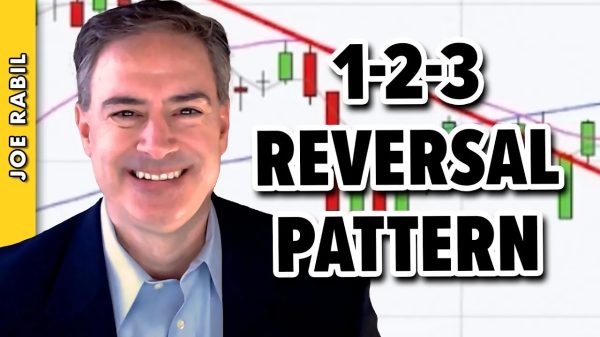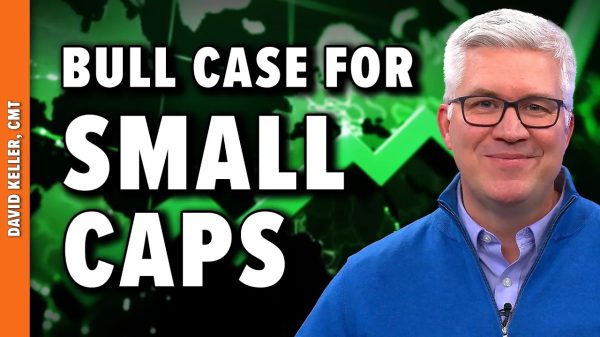The latest Canadian housing data showed a slight uptick in prices and a pause from 2022’s correction, and a new wave of dip buyers has already begun to call this a buying opportunity, as if valuations at ten times average annual income and 50 percent more expensive than their cash flows were anything but still extremely overvalued.
This is merely the most recent development in what appears to be the end of Canada’s massive housing bubble and the beginning of a potential 2008-style recession for the Canadian economy.
Statistical Evidence
Following the 2008 global financial crisis (from which Canada emerged relatively unscathed), the Bank of Canada’s record-low interest rate policy fueled an unprecedented bull market in Canadian real estate.
While prices showed signs of reversal in 2019, the events of 2020 provided justification for the Bank of Canada’s mind-boggling balance sheet expansion, which virtually quintupled in a matter of months.
Central planners had decided to pour metaphorical gasoline on the country’s already raging-hot fire, creating an outright manic buying frenzy.
The penultimate state of the bubble in late 2021 was astronomical:
Residential property prices in Toronto and Vancouver had doubled to quadrupled in little more than a decade.
Canada’s overall nonfinancial debt amounted to almost 350 percent of gross domestic product (GDP) and household debt surpassed 110 percent of GDP, both higher than the levels seen in the United States before the 2008 global financial crisis.
Homeownership rates surpassed the two-thirds mark.
Canadian real estate, construction, and financial sectors combined to form over 28 percent of GDP!
By almost every statistical measure, Canada’s housing bubble was one of the largest on record.
This Time It’s Different
As is typical of every bubble, timeless tropes were regurgitated in order to justify the madness.
The most often repeated argument was that the Canada Mortgage and Housing Corporation (CMHC), Canada’s public mortgage insurer and a Canadian version of Fannie Mae, would never allow a bubble to occur because they are supposedly more responsible than US regulators.
This argument fails on numerous counts:
The CMHC’s stated mission is to ensure housing affordability for Canadians, and this is ingeniously “accomplished” by artificially injecting billions of dollars into the real estate market. Now that Canadian housing is less affordable than ever, their other statements should undoubtedly be questioned.
If one of the CMHC’s objectives was to prevent the unsustainable overleveraging typical of every bubble, they unequivocally failed because mortgage debt in Canada has blown past any level that could be called sustainable.
This argument also asks that you put aside your common sense and ignore observable reality as multimillion-dollar fixer-uppers, bidding wars for shacks, and widespread exuberant optimism were all easily identifiable examples of mania.
Most ironically of all, pointing to a government mortgage insurer, one of the entities most responsible for providing the moral hazard that fueled the boom in the first place, as an entity that would prevent a bubble from taking place demonstrates a severe lack of economic education and a goldfish-like memory following the bailouts of Fannie Mae and Freddie Mac.
Canadian Banking
Following the 2008 global financial crisis, Canadian banks gained a reputation for stability due to their resiliency throughout decades of cyclical global recessions.
But the question that must be asked is not whether the Canadian financial system has seen a crisis in recent decades, but whether it has seen a bubble the likes of which occurred over this past cycle.
The seeds of a bust are sown throughout a boom in the form of malinvestments rendered profitable by artificially low interest rates, and thus the severity of a recession is ultimately determined by the degree to which malinvestment permeates the economy.
It is safe to say that after more than a decade of nationwide real estate malinvestment, a significant portion of Canadian bank assets is correlated to housing, which will expose Canadian banks to the threat of insolvency in the event of a large-scale market correction.
But both the government of Canada and the Bank of Canada have shown a penchant for intervention and will almost certainly prevent the failure of any major Canadian bank, transferring significant losses to the taxpayer.
Conclusion
Canada is inarguably a wealthy nation with a complex capital structure and an abundance of natural resources, but this will not stop a painful housing correction from taking place.
While central bank–monetized government stimulus may prevent nominal valuations from falling, relative prices will inevitably regress to historical levels. One hopes that a return to economic sanity will be accompanied by a return to free market principles and a reduction in state interventionism.























